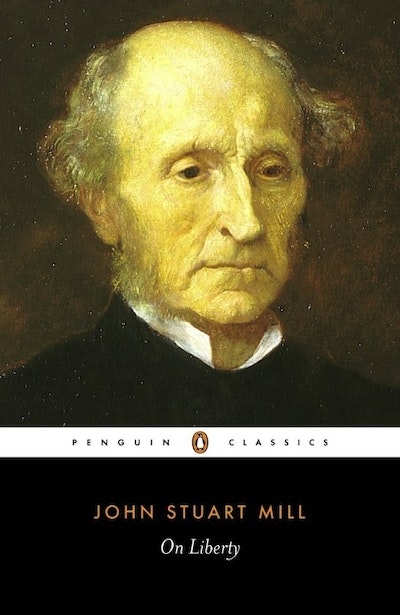This article was originally published in the winter 2009 issue of Policy.
—————————————————————
John Stuart Mill is the only nineteenth century liberal intellectual still widely read and discussed in the twenty-first century, thanks mainly to his book On Liberty, published 150 years ago. In his time, several of Mill’s books were influential, particularly his Principles of Political Economy, but it is On Liberty that has lasted. It has been continuously in print since 1859.
On Liberty’s longevity makes it the most-read classic of the liberal canon. It retains an audience because the dilemmas Mill writes about— especially over when to regulate speech and behaviour that lacks clear harm to others—are nineteenth-century versions of issues that remain controversial today. Mill speaks to the present as well as the past. Quotations from him still appear regularly in the world’s English-speaking media; his ideas proving useful and his name adding weight to arguments made more than 130 years after he died.
Despite the book’s enduring popularity and influence, On Liberty is not undisputed as a liberal sacred text. Liberals as well as conservatives contest its arguments. Mill was a utilitarian, favouring those policies likely to produce the greatest happiness. Liberals in the natural or human rights traditions see utilitarianism as an insecure foundation for freedom, fearing that it justifies sacrificing the freedoms of some for the benefit of the many (anti-terror laws, for example). In On Liberty, Mill needs sometimes complicated arguments to move from utilitarian premises to liberal conclusions. Classical liberals—their adjective a response to the then new ‘social’ liberalism Mill helped usher in— question the priority Mill gave to ‘individuality’ over other forms of life, and his critique of the role of custom in social life.
